Communecter gives an answer by combining a territorial search engine with a rich social network.
This is our nineth article from our blog series “digital networking of the transformation movement“.
We conducted an interview with Tibor Katelbach. Tibor is one of the project managers and part of the developer team of Communecter and lives in La Réunion. Communecter its origins in the French-speaking world, but now has numerous translations, including English and German.
Describe in max. 3 sentences the project you are currently working on
Communecter is a territorial search engine with a very strong social approach. We like to say that it is as connected as Facebook and as open as Wikipedia.
People contribute to make projects, events and organizations in their territory visible and make it easier to get involved in their area.
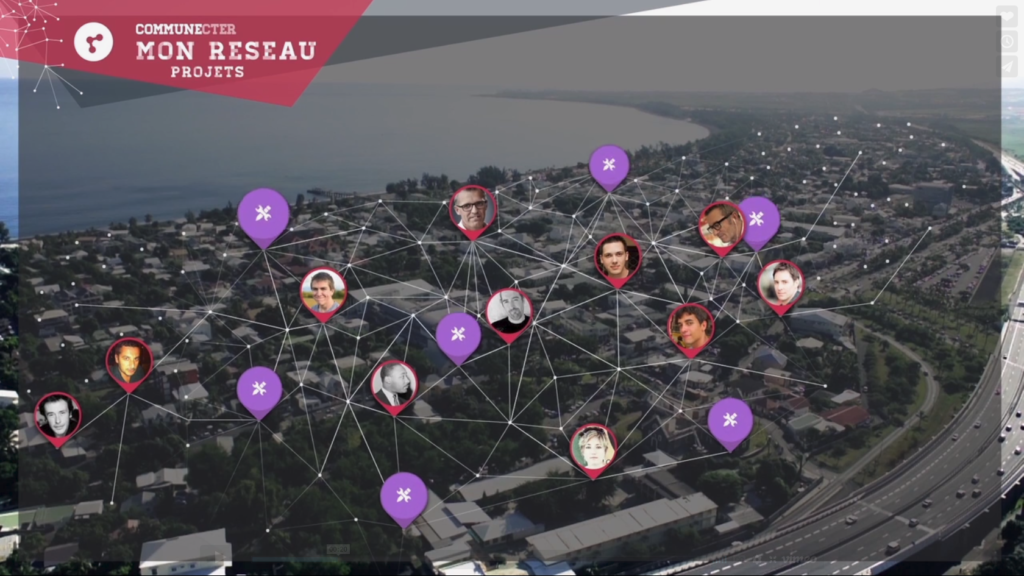
Are you using an existing platform solution or are you developing something of your own?
Everything is “home-made”, while sitting on top of many other open source projects and libraries.
Why did you make your decision that way?
In 2012 we went through all existing projects in civic tech and open source networks. The solutions we found were either too old or 95% closed-source.
Our group wanted to deliver a modern solution based that is 100% open-source.
What is the purpose of the platform you are using?
We want to give people knowledge about what’s going on in their neighborhood, so it becomes easier for them to participate in cool projects. Not only digitally, but in real life – in their neighborhoods and cities. Another objective is to help organizations / NGOs and private people with getting more visibility and to connect to other people and organizations they find interesting.
“Communecter” is a French suitcase word and unifies the words “commune” (city) and “connecter” (connect). It basically translates into “being connected to my city” . It can also be read as “commun” (the commons) and in that case it means “connecting the commons”, both definitions relate to what should be freely accessible and common to us all.
We call it CO for short, since we love a lot of CO words, COmunities, COoperation, COllaboration, COllective intelligence, etc.
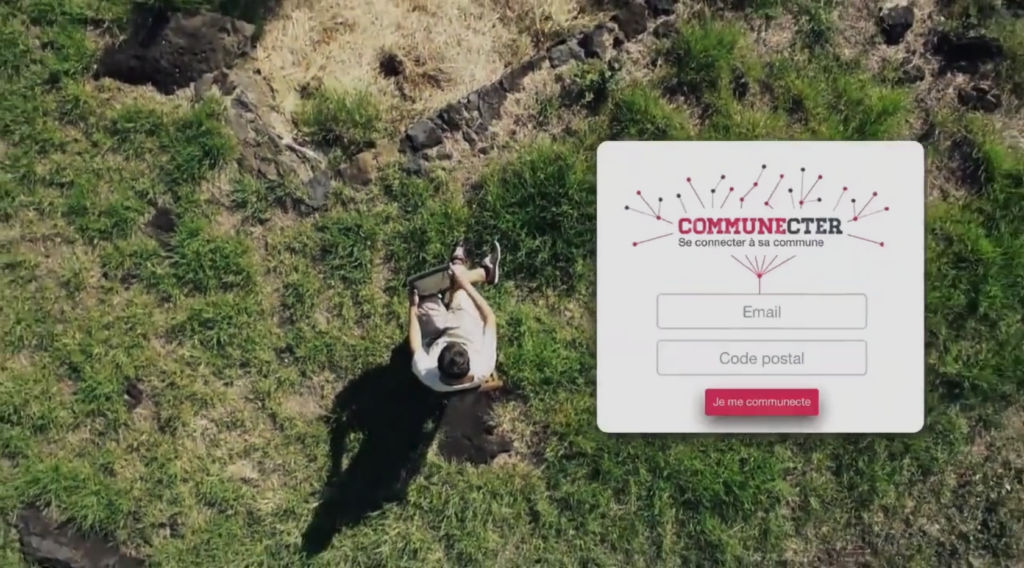
At what stage is the platform (idea, prototype, finished product)?
Communecter is a finished product, but in constant development.
For which target group is the platform intended?
First of all we aim at a maximum diversity – as diverse as society is in general. Just like Wikipedia is a rich encyclopedia, we hope some day CO will be a miror of any territories activity.
Our main target groups are citizens, local NGOs and local administration.
As the tool is quite generic it can be applied to many different subjects and territories, it’s available for all countries.
How do you reach your users?
Mainly through organizations, especially those who already have projects and activities.
The project is growing dynamically in it’s own way, people with all sorts of ideas and communities join the adventure to gather local knowledge and actors in a particpatory approach.
We also like to go out and make proposals to active communities how to increase their public visibility and how to organize. Of course, everyone is free to decide if the tool fits their needs. The beauty about CO is that it integrates seemlessly a lot of tools.
With regard to public relationship we maintain a couple of channels:
- there’s an explanatory video that gives a short overview of what Communecter is about
- we have a newsletter that we send quite irregularly
- there’s the Communecter.org website
- on social networks we are at:
- Mastodon: https://mamot.fr/@communecter
- Facebook: https://www.facebook.com/communecter
- Twitter: https://twitter.com/communecter
- we are also about to launch an online radio on Discord
- and there will be a printable citize-driven newspaper (we call it “voice of the people” paper) that is generated by the platform
How big is the community of the platform and how active is it?
- 10.000 users
- 8.000 organizations
- 7.000 projects
- 8.000 events
We are still keeping it low as we are still lacking resources to scale it up heavily.
Does the platform have a thematic focus?
Our approach is systemic – thus allowing a wide variety of topics.
The search engine however allows to narrow the results down to special topics.
We concentrate on all actors working in an open, positive impact approach, but anybody can be referenced and use the tools.
What are the core functions of the platform?
These are the main modules in Communecter:
- territorial search engine – find people, events, projects and organizations nearby
- territorial agenda – what’s happening in my neighborhood?
- locally based newsfeed – what are people talking about?
- marketplace – buy/sell or give away for free, you can even offer to rent a flat or sell a book
- exchange system – for needs and offers with service, competence or ressource sharing

In Communecter there are four main elements: people, events, projects and organizations. Each element has an own page with some tools:
- newsfeed – what’s called “wall” in Facebook
- RocketChat – a chat room for each page
- decision making – what’s called “co-working space” on our platform (similar to Loomio)
- photo gallery
- library for bookmarks and uploaded documents
- ressources
- special places
- surveys
As all elements are pretty well connected to each other, you can add projects and events to an organization and vice versa.
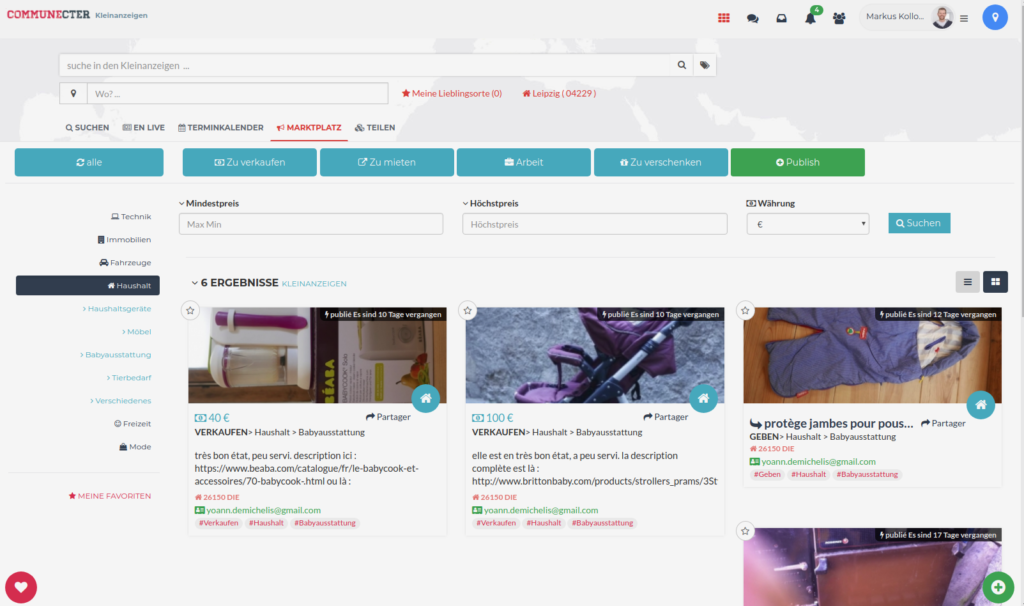
What is the unique feature of the platform?
The territorial approach is special about the platform. We provide a mix of open knowledge and social collaboration tools and integrate them into one platform.
Also Communecter motivates you to get active not only in the online world, but the region you live, which makes it a great candidate for thematic communities that want a open place to start networking. We are currently working locally in many French regions to help mapping the commons.
Also we support IT communities that want to create a local knowledge base of „who does what“ locally and to create links and exchanges between actors. In some cases we discover things, projects, events that can be mutualized (commons) and shared (sharing economy).
Are there similar platform solutions / competitors?
Yes, there are a couple of other platforms. Unfortunately, most of them are highly dependent on money – some platforms need several100.000 Euros just to survive for the next year. Some other platforms have a closed approach, so not Open Source. In our point of view that approach does not serve the common good.
I would like to mention that we do not see ourselves as competitors but try to build a collaborative system. The project itself is already 5 projects that got together around common visions, ethics and philosophy. In that way we are already 5 times smarter than working alone. We think it‘s great when autonomous projects manage to get together for the common good.
In our sense, it’s better not to focus on differences, but to look at what we have in common and how we can share things.
We also work with some active partners, but I will discuss that later.
What is the technical structure of the platform?
Communector is a web application that is written in PHP in the backend using Mongo-DB as a database. The frontend consists of lots of JavaScript. We also use popular plugins like Leaflet for mapping of course Open Street Map as a data basis.
There’s also a mobile version that is written in Node.JS with Meteor and Cordova frameworks.
Is the platform an open-source solution?
Yes, everything available on GitHub: https://github.com/pixelhumain/co2
The documentation can be found on wiki.communecter.org.
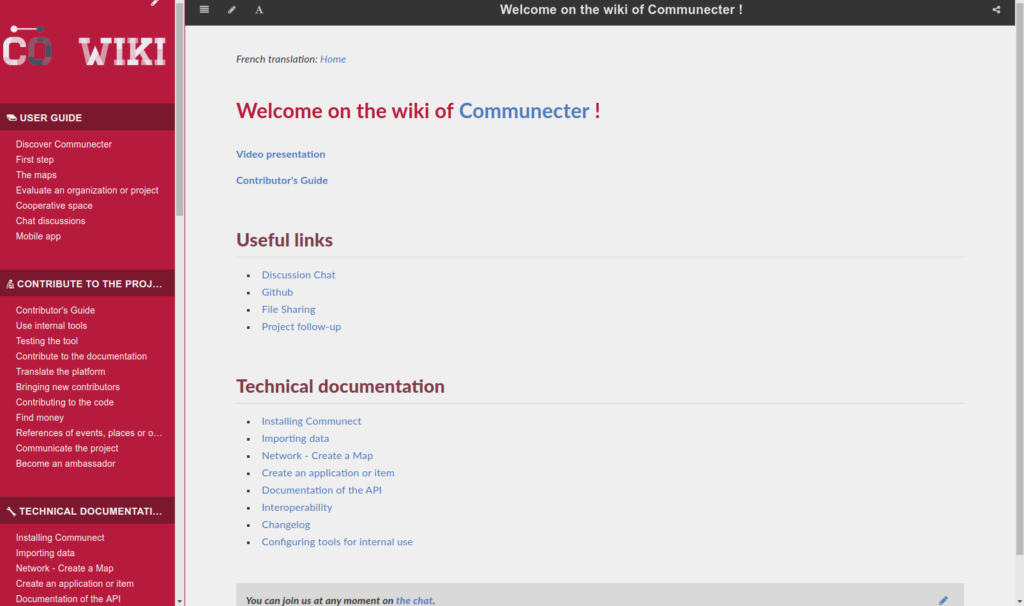
Does the platform have interfaces?
Yes, we are finding inter-operability very important.
That is why we built interfaces to:
- Integration and presentation of Wikipedia data
- Integration of the Open Street Maps database
- Integration of open data government tools
- and further workers databases
In addition, we are currently in talks with Fair.coop because they have an interesting approach to an alternative economic system and we are a good match for the mentality.
What is the platform’s business model?
We have multiple business models.
1. Open source contract work
Private people and an adminstrations approach us and ask us to develop special modules on top of the platform.
Our policy is that the software we get orders for, will then automatically be open source.
2. Crowdfunding / donations
In 2016 we successfully raised 25.000 Euro on a crowdfunding campaign.
Currently we are working on a model for recurring funding. We would like to motivate our users to spend 1 Euro a month. That would allow us to work on the project without the need to make a living with side jobs.
3. Administrations
Some administrations like to support us, because they believe in the project and the open source philosophy.
We do some territorial consulting and some administrations just give us money.
What is the history of the platform?
It all started in 2001, when we launched the project “Open Atlas“, that was using Google Earth back then. 2009 Open Atlas became an NGO.
In 2012 the group wanted to build a smart city approach and started small community meetings again every two weeks.
In 2013 we were selected to be followed by an incubator in La Réunion, so we could start the core development. From that on, other projects joined (currently we’re five alltogether). The first online version appeared in 2014, but was officially released in July 2016.
Since then more and more people have been using and contributing to the platform.

Who is behind the platform?
The platform is mainly carried by the NGO “Open Atlas”. Our core team is in La Réunion, and there are more developers all around the planet (New Caledonia, Brazil, France, etc.).
We are followed by many many organizations all over , and a whole bunch of people working actively for the commons and better and smarter world, likeZero Waste France, Commons Assembly, Imagination for People, Alternatiba, and many many more.
I (Tibor Katelbach) am the project manager and leading developer and I live in La Réunion. We currently have two people on salaries. One is a community manager and the other one managing the knowledge base, communication and administrative tasks, and 6 little hands , young sort of interns interested in helping out Open Atlas in its task.
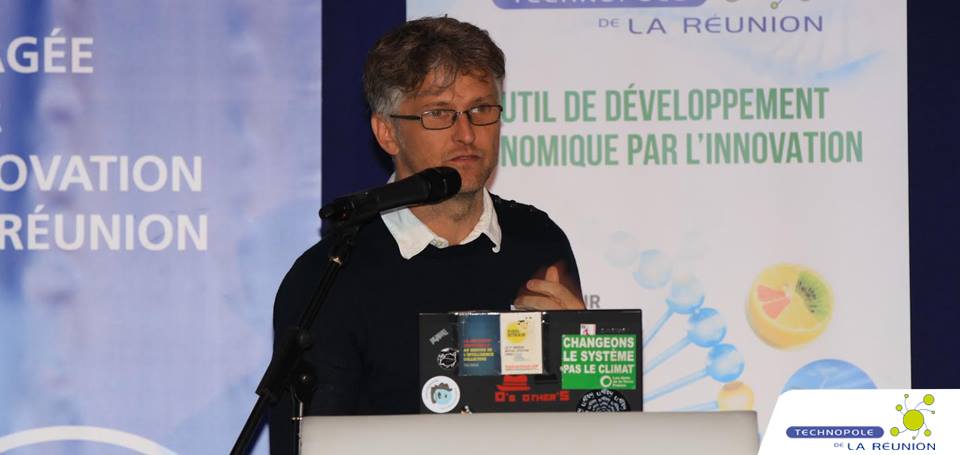
Where is the office of the platform?
There are actually three offices:
1. La Réuion
2. New Caledonia
3. Lille
Which legal form do you have?
Open Atlas is an NGO. We are planning to start a cooperative as the concept of prosumer-ecosystems is very much in line with our philosophy.
Would you like to get more support?
Yes, we would like to open up to new territories. There are currently people from other places – like Germany, Mexico, Canada, Italy, Brazil, Tahiti, etc. – helping to roll out Communecter in their communities.
The motivated local people help to build Communecter in their areas. There are also some documents that we can provide to interested ambassadors.
Due to its origins in French-speaking countries, much of the platform is still in French. Some translations have already started and we are happy about people who want to complete them.
We would also like to invite developers to contribute and to join the adventure of building a very cool platform. We strongly believe that putting our strengths together is better than having a whole bunch of platforms wanting to do exactly the same thing. There’s a lot of energy lost.
Although we are quite frugal and all have the same salary between 1.000 and 1.500 Euro (for those with children), we can of course always use money.
People willing to support us can easily make a recurring donation (on the platform you need to click on the heart symbol, or just on this link)
We dream that role models such as Linux or Wikipedia inspire people to work together for common solutions in real life and to develop efficient social tools and solutions. There are currently tendencies to restrict our rights in society and control the Internet. We have to counter this with a common positive vision.
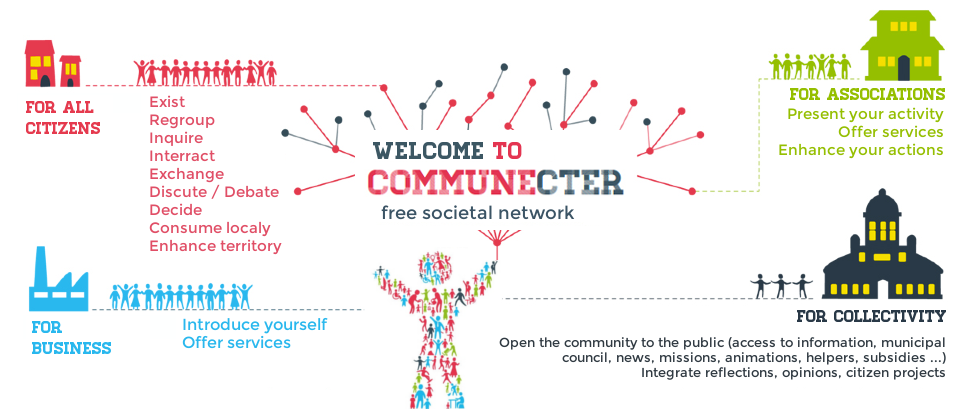
Do you cooperate with other partners?
Yes. We are not only one project, but five:
Our philosophy is about building collaborative systems. One new paradigm of that is to have lots of partners.
We do not work in a competitve way. On the contrary – we are living the change we wish to see in this world.
I always celebrate the special moment when we share resources with another project. It feels like a big library full of collective intelligence – just in real life where every new “book” is a new partner project. We like to say, everyone contributes with one part to a big puzzle.
If you imagine our organization visually, our collective is not centered on anyone, but it is more of an open circle that offers a lot of freedom and dynamism to anyone who wants to join in.
Projects that we collaborate with are:
- Open Apps Ecosystem
- Lille unisson
- Lamyne in Lyon
- Près de Chez Nous
- First Life in Italy
- Transformap in Germany
- les-commons.org
- PWA platform
- Mikorizal, OCE, Value Flows in the USA and Italy
- a cooperation with FairCoop is just starting
- and many more
And of course we are in close cooperation with local administrations. Honestly, that’s not the most enjoyable part of our work. Sometimes it’s quite frustrating and time-consuming.
I think that’s because politics evolve in a different calendar from us. They’re on the “election calendar” and we’re on the “change calendar”.
Administrations on any level are driven by politics, we don’t have the same approach to experimentation, they are much more constrained to a reality, we would like to help them with. We try to do everything in an open, agile and experimental way.
We allow ourselves to beleive the impossible is possible. We believe this collaboration space has a lot of potential.
Besides administration there are other NGOs, universities and cities that we’re working with. We have a lot of friends – everyone is kind of happy to have a platform where people can interact on a territory. So there a no more blind spots in your neighborhood or on a thematic level.
At the moment we are also motivating all IT providers to tell the world about themselves and their own projects and resources. We bring these providers in touch with the people who use IT systems or provide educational work in this field. The experiment has just begun, but it turns out that everyone is very motivated to pull together to achieve a common goal.
What are the next steps for the platform?
From a software development perspective, we are now in a stabilization phase. It’s a bit hard for us to stop building new features. Our focus is now on making the application more user-friendly.
We will also be experimenting with new web protocols (Scuttlebutt and IPFS) this year. These protocols have a decentralized approach and could also be used on mini-servers, e.g. to install a FreedomBox.
We will soon be creating a cooperative in 2018, so people can join the adventure.
The approach of bringing communities together on a given topic is well received and appreciated by the contributors. In my opinion, this is one of our most important developments. There is great potential here, and the actors are working together with great enthusiasm – with the involvement of the administration and educational institutions.
In the long term, of course, we want to make the voice of people more effective and help organizations structure themselves horizontally.
What is your conclusion about the platform?
Parallel to the development of the platform, we came up with a utopian social program, which we have documented on smarter.re. It is a kind of framework that combines resource sustainability, environmental protection and a good life for all. It also incorporates some alternative approaches, such as the unconditional basic income. That describes our philosophy, I think very well.
We are very active and have a lot of energy. Our community is growing and giving positive feedback.
However, we are constantly reminded that administration is not working for innovation. In our eyes, the administrative system is one from the 18th century. There are some good points, but we would like to build something better with the technologies of today, something more agile and inclusive.
Similar to the IT sector, society is constantly changing. And I am convinced that we are in the right place at the right time. Every day something new appears. We try to put together a big puzzle, but so far we only see small parts of it. Every piece counts – and in the end it’s not about the platform, but the adventure to complete this puzzle. Now that we are massively networked, it is only a matter of time before we realize that we are all capable of actively shaping our world. With the right tools, our consciousness is growing bit by bit and I’m convinced that it will not be long before we can see through the whole puzzle.
A platform like Communecter simply has to exist. It doesn’t even matter if it is called “Communecter” or something else. Or if it emerges from our common project or from someone else’s. We are open to anyone who wants to join and we like to cooperate with other projects vice versa.
To wrap it up – we need the territorial context to make change actually happen where people live. Communecter allows us to think globally and act locally.
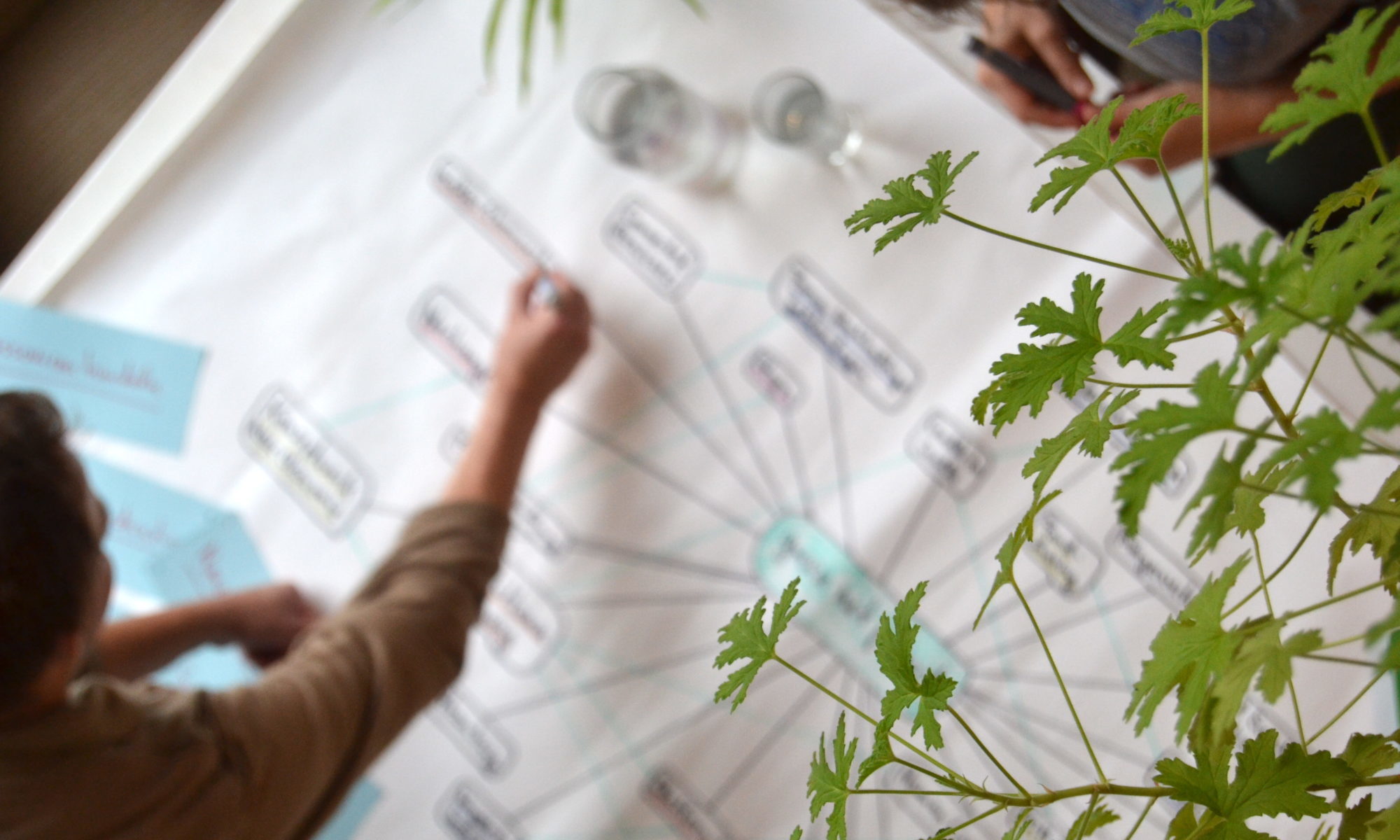
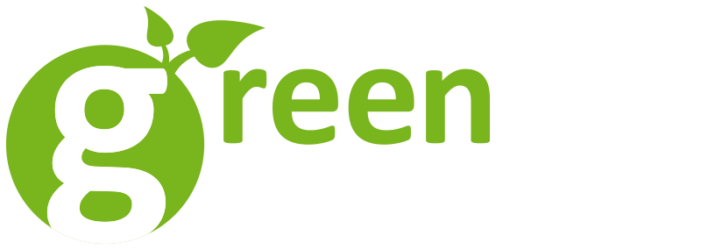
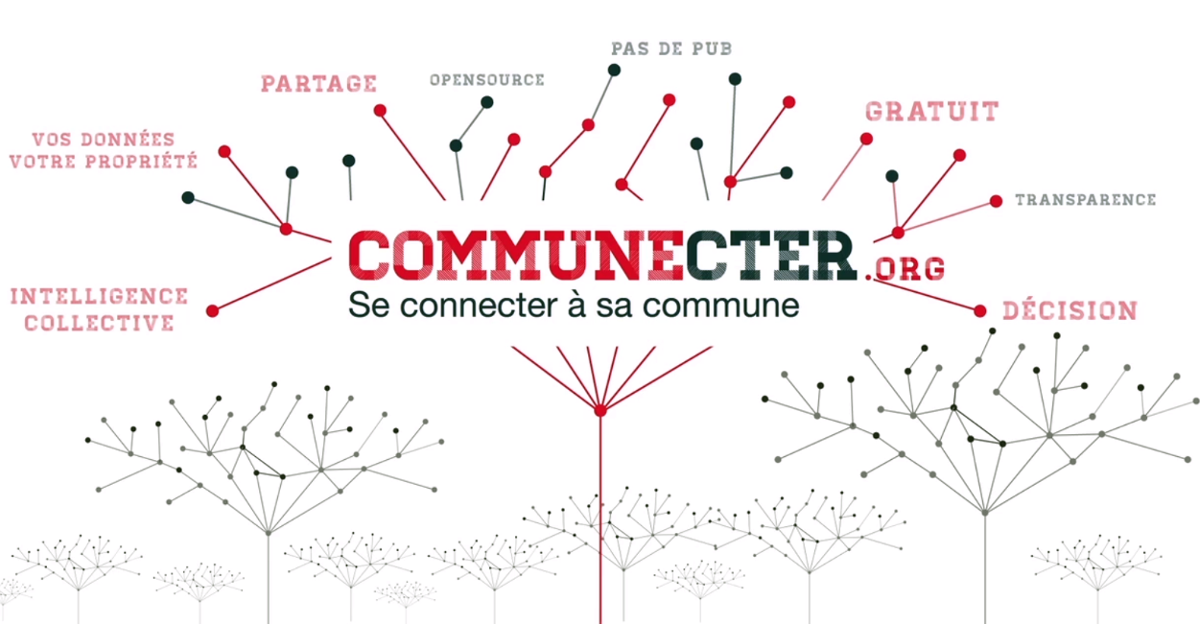
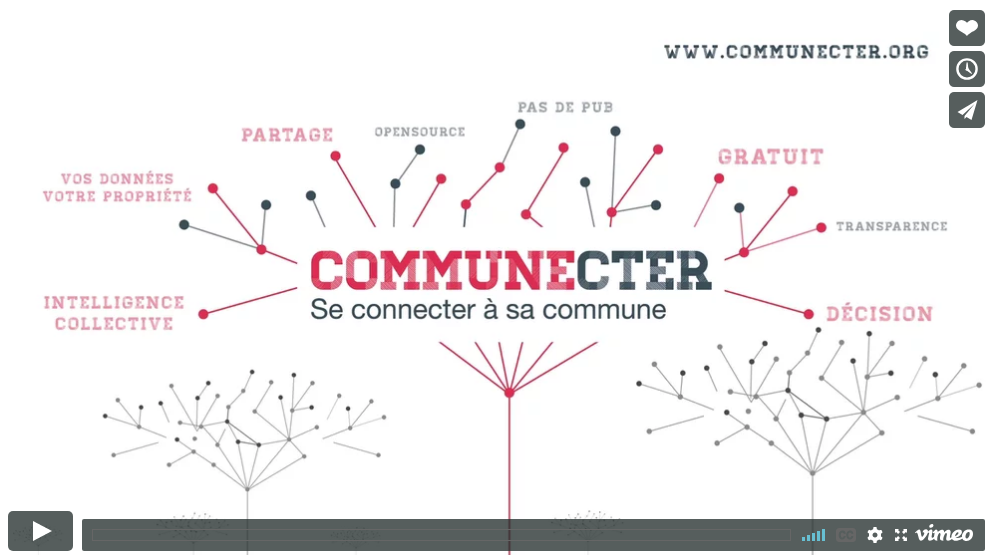
Une traduction française de cette interview:
https://www.communecter.org/#page.type.news.id.5b0d3a6640bb4e9068fd1fda
Merci beaucoup!
Klingt echt toll. Sollten wir unbedingt bei Transition Connect einbinden.
Ich habe schon öfter die Plattform getestet, aber es nur noch nie geblickt. Vermutlich weil in Deutschland die Inhalte fehlen.
Schade finde ich die Einschränkung auf commons was es für mich unbrauchbar macht. 90% der Konsumgüter sind nun mal kommerziell und da muss sich das! Meiste ändern….